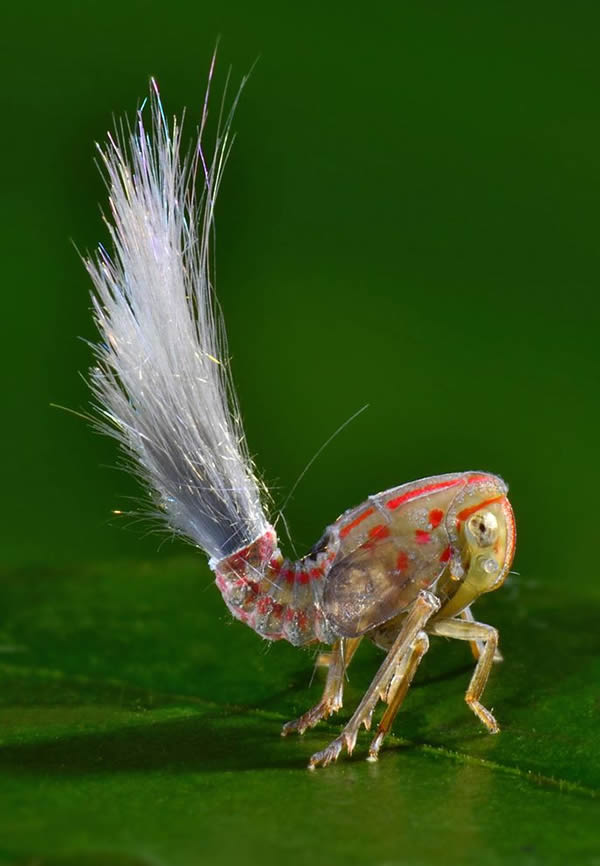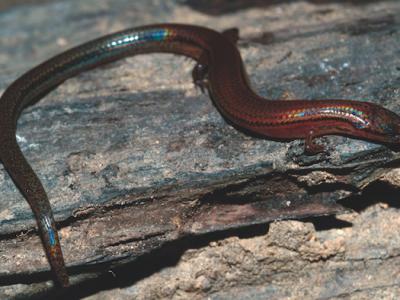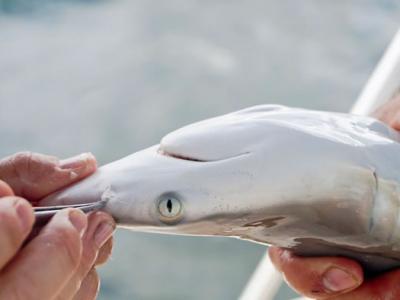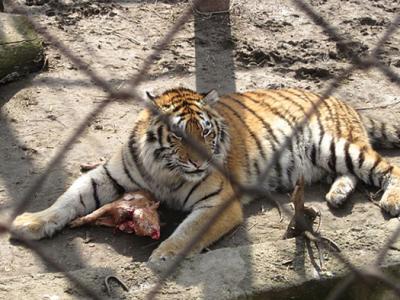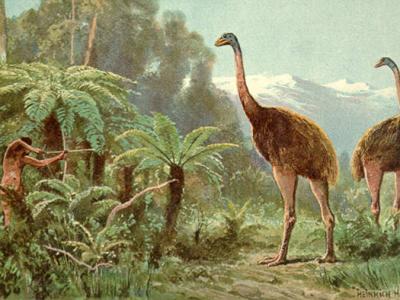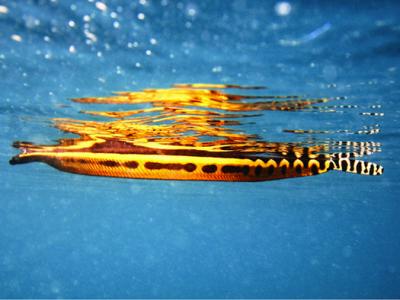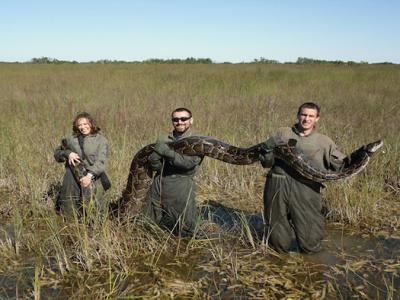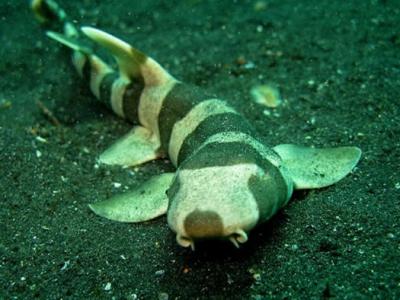This Week's Most Intriguing Discoveries: Of Schnozzes, Seawater, and Trolls
It's tough to tell which end of this tiny planthopper is which—and that's likely just what is intended by its unusual appearance.
Emus descended upon an Australian town, an island was born off the coast of Japan, and John F. Kennedy's friends remember the assassinated president.
But that's not all that happened around the world. Here are some gems from the world of discoveries this week:
1. Men have Pinocchio noses. Not because they're liars, though—turns out a large schnoz sends more oxygen to a man's lungs. More oxygen may mean more muscular growth for men, suggest researchers from the University of Iowa's College of Dentistry.
Nose size starts differing between the sexes at the age of 11, right around puberty when boys need more oxygen for their growing muscles. Muscles are "metabolically more expensive," say the researchers, which may mean guys need to breathe more oxygen to bulk up.
2. The oldest body of seawater has been found in a giant crater. The ancient water is millions of years old and was stuck in sediment layers below the Chesapeake Bay. The layers are thought to have helped preserve the water after the crater was created by a large space rock or chunk of ice hitting the area.
The ancient seawater might help explain why the groundwater in the area is so salty. It also might help explain the evolution of marine creatures in the region and ocean processes on the planet. Who knew plain old water could be so fascinating?
3. Trolls are coming back. Suriname is bringing the hairstyles of the '90s back with a mystery planthopper topped by a wild tuft of hair. These guys weren't an easy catch—biologist Trond Larsen only had enough time to shoot the photo of the 0.2-inch (5-millimeter) bug before the critter jumped away.
Even tougher for identification? Seems like the mystery insect was in the nymph stage, which means it looks very different from its adult state. But that big hair might be its saving grace: The waxy pompadour may ward off predators.
4. I have some good news and some bad news. But which do you tell first? A study says that your best bet is to give the bad news first—news receivers would rather deal with the bad news right off the bat. News givers weren't so sure in the study, however, and preferred to sweeten the deal with good news first.
But what do you do if you have only bad news to give, a tough task facing many physicians? Turns out that having more than one conversation helps the medicine go down.
5. Having a "supermemory" doesn't mean you have super memory. Having hyperthymesia, or highly superior autobiographical memory, means you can remember details from your life down to exactly what television episode you watched on a certain date.
But being able to recall minutiae like this doesn't mean your memory is perfect. People with this ability struggle to remember common historical dates, phone numbers, and more, probably because they're so good at remembering things others don't. It's still worth tying a string on your finger.
By Tanya Basu
National Geographic
Published November 22, 2013
